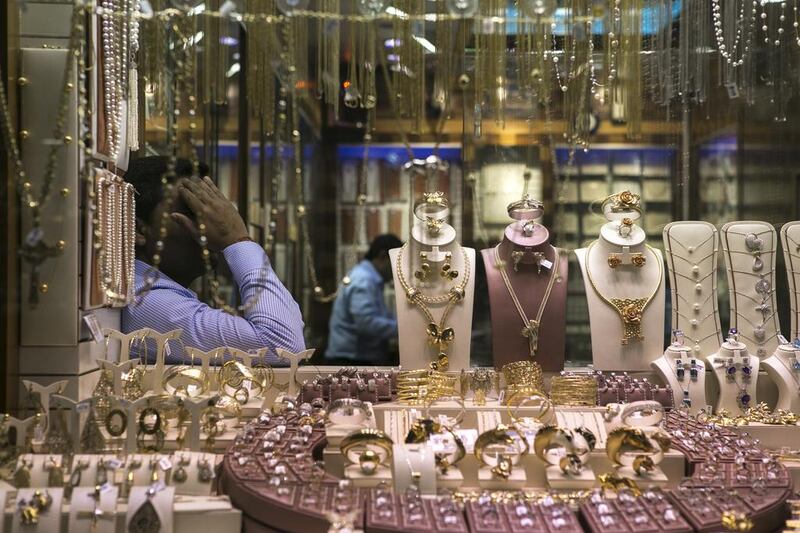Non-oil trade between the UAE and Saudi Arabia is forecast to surge as the UAE consolidates its status as an international trade centre, boosts investment in the kingdom and enacts unified regulations for Arabian Gulf products.
Saudi Arabia is the Gulf region’s biggest exporter of goods (mainly petrochemical products) to the UAE. In the UAE, Gulf products overall enjoy exemption of customs duties, in accordance with the country’s economic agreements with Gulf states, which contribute to the big volume of trade with Saudi Arabia.
In 2013, the latest year for which figures are available, the bilateral UAE-Saudi trade was valued at Dh80 billion.
The expected rise in trade comes amid increased political cooperation between the two countries, most notably in the military campaign to restore the internationally recognised government of Yemen.
Abdullah Al Saleh, an undersecretary for foreign trade and industry at the Ministry of Economy, said the UAE’s efforts “will encourage a surge in national products and open doors for marketing and exporting Emirati products to Saudi Arabia”.
Still, challenges remain to the flow of trade, with logistics at the border at the forefront.
According to the Ministry of Economy, the country’s main export to Saudi Arabia is gold and the main re-export products are jewellery and gold.
Trade is getting a continued boost from the UAE’s status as a trade centre, and its role as a re-export centre in particular.
“What is a huge contributor to trade between the UAE and Saudi Arabia is the fact that the UAE is considered a hub for foreign investment, so most of the multinationals that come to Dubai set up their hub here,” said Samer Qudah, a partner and regional head of corporate structuring at Al Tamimi and Company, a law firm in the UAE. “Every single set-up that we do here has a branch out to Saudi Arabia.”
Investments by Saudi companies in the UAE, currently valued at Dh35bn, have also helped to boost trade volume. More than 2,300 Saudi companies are registered with the Ministry of Economy and 66 commercial licences have been issued to Saudi companies operating in the UAE, excluding licenses to Saudi investors in the UAE’s free zones.
Meanwhile, Saudi investors have 206 projects in the UAE, and the UAE has 114 projects in Saudi Arabia, with an estimated collective value of 15bn Saudi riyals (Dh14.6bn). Emirati investments in Saudi Arabia accounted for 8 per cent of total foreign direct investment in the kingdom in 2013, while Saudi investment in the UAE represented 4 per cent of the total foreign investment in the UAE.
The UAE is working to boost trade with all Gulf countries.
“The UAE has lately approved unified regulations towards prioritising national GCC products in government procurements,” said the economy ministry’s Mr Al Saleh. “As a first step, the Ministry of Economy has started issuing priority certificates to private sector companies in the UAE looking to export their products to government entities in the GCC countries.”
But problems persist in efforts to boost bilateral trade with Saudi Arabia. For one, products made in UAE free zones do not benefit from the customs exemption.
Another problem is bureaucracy at the borders.
“Costs are high, and cross-border movement has a lot of hurdles and complications, and it’s not only logistical ones,” said Mohammad Alkhas, Aramex’s chief executive for the GCC.
Mr Alkhas said: “The result is an increase in indirect costs, such as excessive inventory resulting from inefficient supply chains and lower service levels. This is encumbering businesses on multiple levels and inhibiting the potential growth of trade within the region.”
Mr Alkhas added, “It is particularly important to remove regulations enforcing double clearance procedures and allow the completion of customs clearance at the point of entry across the GCC.”
Companies spend up to 45 working days dealing with customs and governmental bodies, and these costs can account for up to 9 per cent of the value of goods shipped, Mr Alkhas said.
dalsaadi@thenational.ae
Follow The National's Business section on Twitter





